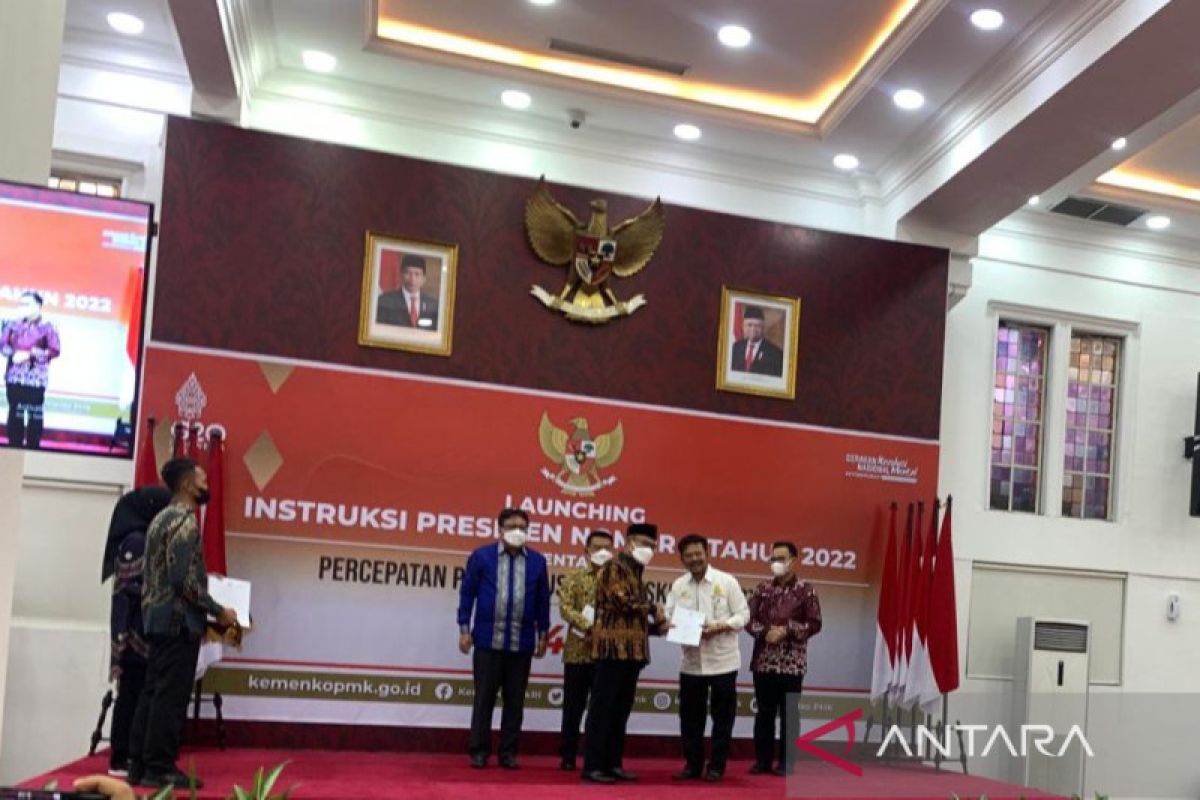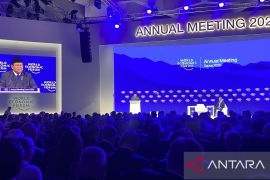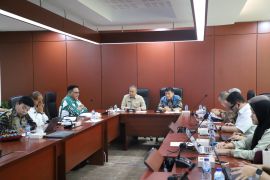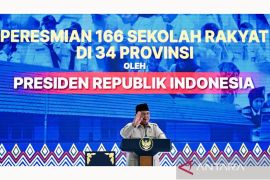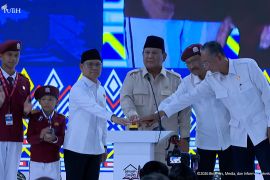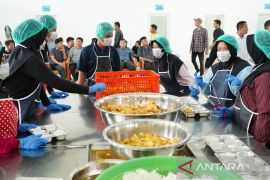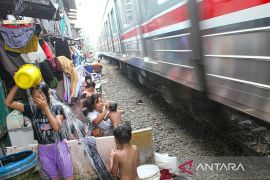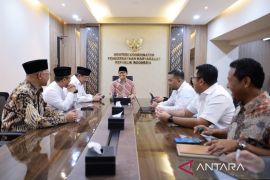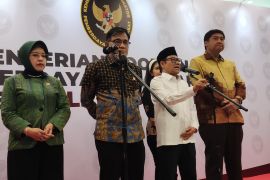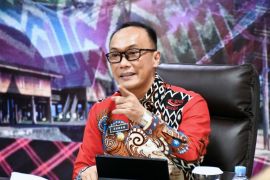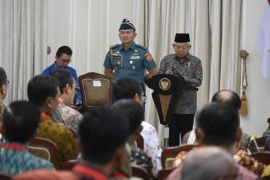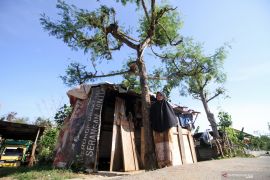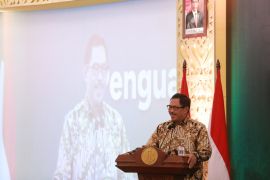The goal of the instruction is to eliminate extreme poverty in 4 percent of the total population, or 10.86 million people, and bring it to zero percent by 2024.
Extreme poverty is defined as a condition wherein a person's income is less than the standard of purchasing power parity (PPP) of US$1.9 per day.
The instruction shows the government's commitment to eradicating extreme poverty six years earlier than the 2030 deadline set under the Sustainable Development Goals (SDGs) as part of a global commitment.
Since we are now already in the middle of 2022, this means that the government has around two years to realize the target.
This certainly poses a difficult challenge and will require extra effort so that the extreme poverty eradication acceleration program can meet its target on time.
During the instruction unveiling event on Tuesday, Coordinating Minister for Human Development and Culture. Muhadjir Effendy, noted that extreme poverty remains an issue that must be resolved to realize a developed Indonesia.
The eradication of extreme poverty is not impossible, but it is a difficult challenge despite the fact that the number of people living in extreme poverty is relatively small.
He likened extreme poverty to the crust at the bottom of a pot filled with rice. While it is proportionately less, cleaning it requires extra effort. This small amount is a crust from the pyramid of poverty.
Related news: Catalyzing women's financial inclusion lowers poverty rate: Minister
However, the difficult challenge will become easier if the program is carried out jointly by ministries, institutions, and regional governments.
Program synergy and cooperation from all stakeholders are expected to multiply the strength necessary for realizing the target.
It is for this reason that the Presidential Instruction No. 4 of 2022 has mandated 22 ministries, 6 institutions, and regional governments to take the necessary steps to expedite extreme poverty eradication.
The President has also given a special mandate to Effendy to determine priority locations, the extreme poverty eradication achievement target, source policies, and the types of data that will be utilized.
In addition, he has also directed him to prepare recipient data and determine the general guidelines for executing the program.
Moreover, he has tasked Effendy with program coordination, synchronization, and control in order to alleviate the people's spending burden and to monitor as well as evaluate the program.
A special mandate has also been given to the Coordinating Minister for Economic Affairs to conduct ministry or institution coordination, synchronization, and control to improve the people's income.
This could be achieved through economic empowerment and the bolstering of productivity.
Concerning this matter, Effendy noted that, to achieve the established target, all related parties need to focus on key activities.
The first involves the provision of social and subsidy aid to alleviate the spending burden on the population living in extreme poverty.
The second concerns people's empowerment to raise the income of people living in extreme poverty, while the third relates to basic service infrastructure construction.
According to the minister, program integration and accuracy between ministries and institutions must be ensured in carrying out these activities by involving the public, with focus accorded to priority locations for extreme poverty eradication.
Related news: Moeldoko accentuates role of local governments in poverty eradication
Convergence and synchronization
With the issuance of the instruction, all parties need to cooperate to ensure that the implementation of the program, both at the central and regional levels, is converged and synchronized to focus on eradicating extreme poverty.
The 2022–2024 Establishment of Extreme Poverty Eradication Priority Regions Decision Letter will be prepared soon, Effendy added.
The Establishment of Extreme Poverty Eradication Acceleration Targeting (P3KE) Data Decision Letter, P3KE Data Managers Task Force Decision Letter, and Ministerial Regulation for Extreme Poverty Eradication Acceleration General Guideline will also be prepared.
The minister urged all parties to come together and synergize so that extreme poverty can be eradicated by 2024 by ensuring that all programs or activities focus on priority regions.
The National Population and Family Planning Agency (BKKBN) will collect family data for the extreme poverty eradication acceleration program, as mandated by the instruction.
BKKBN head Hasto Wardoyo informed that the agency has been asked to prepare data to help determine policies in extreme poverty eradication intervention, including stunting reduction.
The agency has also been mandated with preparing and providing services for family development programs, population and family planning, as well as stunting reduction efforts for extremely poor families.
In addition, the head of Statistics Indonesia (BPS), Margo Yuwono, said that BPS will collect data on people living in extreme poverty, as mandated by the instruction.
As per the instruction, the BPS has been assigned the task of collecting data on people living in extreme poverty using the Social Prosperity Integrated Data (DTKS) as the basis, he informed.
Related news: BKKBN to prepare data to support extreme poverty eradication
DTKS is an electronic data system that contains social, economic, and demographic information related to prosperity status.
BPS has also been asked to conduct a survey for evaluating extreme poverty eradication development, which will be a part of the national social and economic survey, Yuwono said.
BPS will take the necessary steps in accordance with the duty, function, and mandate that it has been given to expedite extreme poverty eradication, he added.
Thus, it can be concluded that the government's commitment to eradicate extreme poverty six years earlier can be realized through collective efforts.
In addition, support from parties outside the government, such as philanthropic organizations, will also be necessary.
With active participation from all parties, the commitment can be well-realized.
Related news: Mutual help is strategy to face global competition: President
Related news: President to review Nusantara infrastructure development
Editor: Fardah Assegaf
Copyright © ANTARA 2022
